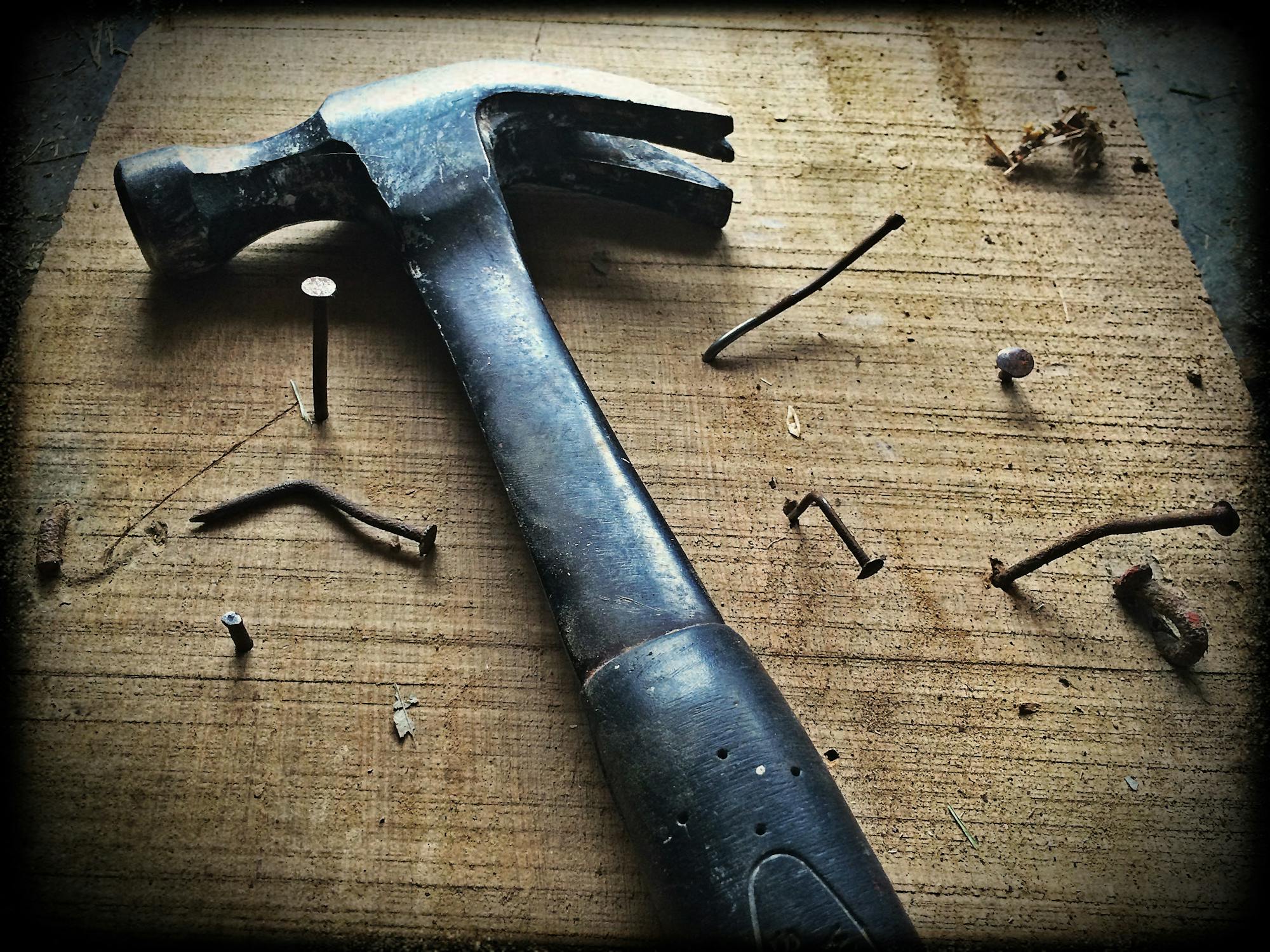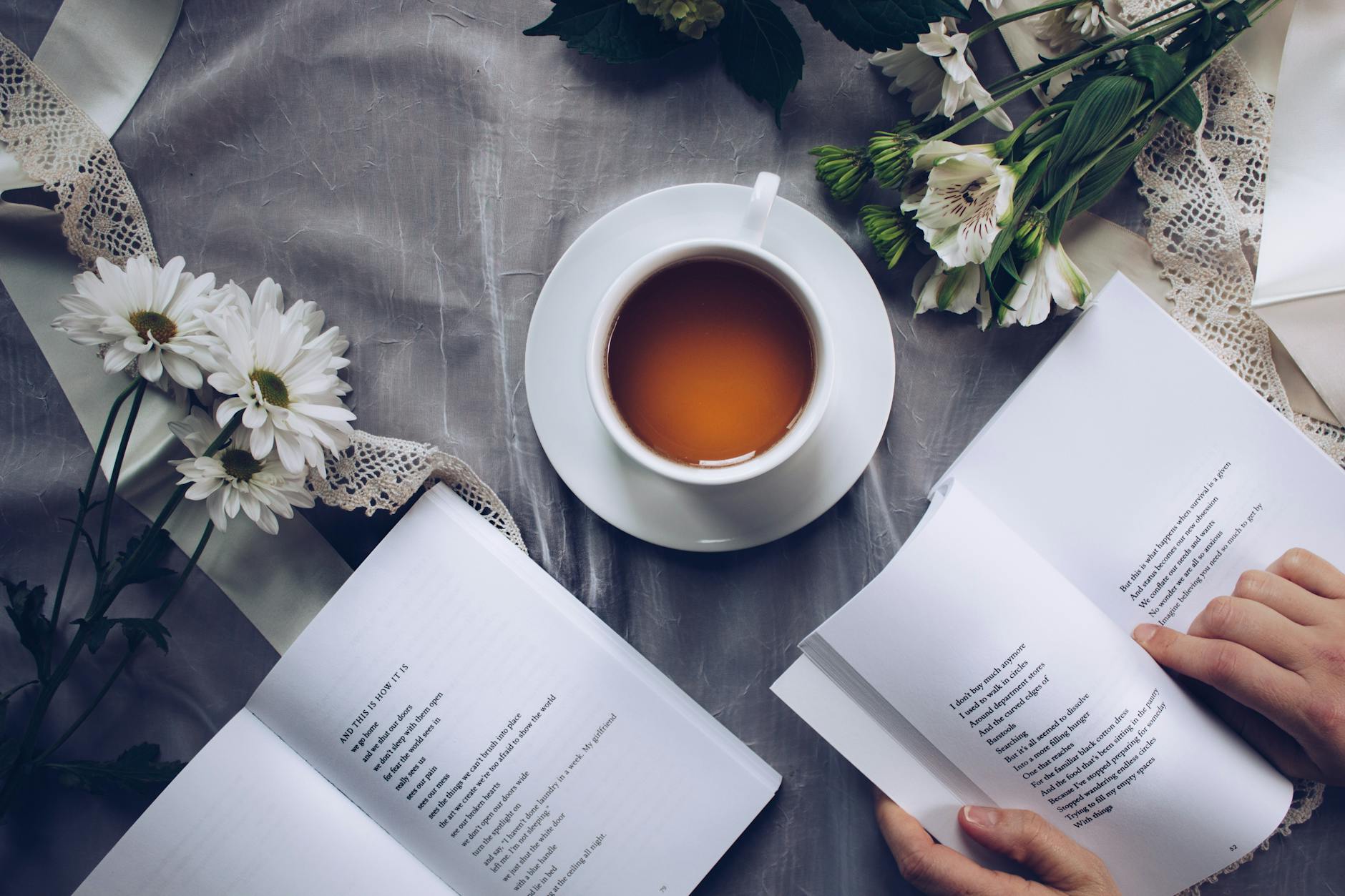
Articles are words that identify a noun as being specific or unspecific. They are one of the most common and important parts of speech in English. However, they can also be very confusing and tricky for English learners to master. In this article, we will provide you with a comprehensive guide for using articles correctly and confidently in English. We will cover the following topics:
- The definite article: the
- The indefinite article: a/an
- No article
- Some common mistakes and exceptions
- Some exercises and quizzes to test your knowledge
By the end of this article, you will have a better understanding of the rules and usage of articles in English. You will also find some additional resources and links for further learning and practice. So, let’s get started!
The definite article: the
The definite article is the word the. It limits the meaning of a noun to one particular thing. For example, your friend might ask, “Are you going to the party this weekend?” The definite article tells you that your friend is referring to a specific party that both of you already know about. The definite article can be used with singular, plural, or uncountable nouns. Below are some examples of the definite article, the, used in context:
- Please give me the hammer.
- Please give me the red hammer; the blue one is too small.
- Please give me the nails.
- Please give me the large nail; it’s the only one strong enough to hold this painting.
- Please give me the hammer and the nails.
Here is a picture of a hammer and some nails. Notice how we use the to refer to specific items.

Here are some common situations and contexts where the definite article is used, such as:
- With unique or superlative nouns (e.g., the sun, the best)
- With ordinal numbers or adjectives that indicate order (e.g., the first, the last)
- With geographical names that include words like kingdom, states, republic, etc. (e.g., the United Kingdom, the United States)
- With musical instruments (e.g., the piano, the guitar)
- With names of newspapers, magazines, or organizations (e.g., the New York Times, the Red Cross)
Here are some examples of sentences using the definite article in these situations:
- The sun is shining today.
- She is the best singer in the world.
- I visited the United States last year.
- He plays the piano very well.
- I read the New York Times every morning.
Here are some exceptions and special cases where the definite article is not used, such as:
- With proper names of people or places (e.g., John, Paris)
- With names of continents, countries, cities, or languages (e.g., Africa, China, London, English)
- With names of sports or academic subjects (e.g., football, mathematics)
- With seasons or meals (e.g., spring, breakfast)
Here are some examples of sentences without the definite article in these situations:
- John is my best friend.
- I want to visit Paris someday.
- She speaks Chinese and English.
- He likes to play football on weekends.
- I study mathematics at university.
- Spring is my favorite season.
- I usually skip breakfast.
Here is a video that explains the rules and usage of the definite article in more detail:
Here is a table that summarizes the main points and tips for using the definite article:
| Use the with | Don’t use the with |
|---|---|
| Singular, plural, or uncountable nouns that are specific or known to the listener | Proper names of people or places |
| Unique or superlative nouns | Names of continents, countries, cities, or languages |
| Ordinal numbers or adjectives that indicate order | Names of sports or academic subjects |
| Geographical names that include words like kingdom, states, republic, etc. | Seasons or meals |
| Musical instruments | |
| Names of newspapers, magazines, or organizations |
The indefinite article: a/an
The indefinite article is the word a or an. It introduces a noun that is unspecific or unknown to the listener. For example, you might say, "I saw a movie yesterday." The indefinite article tells you that you are not talking about a specific movie that the listener already knows about. The indefinite article can only be used with singular, countable nouns. Below are some examples of the indefinite article, a or an, used in context:
- I need a pen.
- I need a blue pen; the black one is out of ink.
- I need an eraser.
- I need an extra eraser; this one is too small.
- I need a pen and an eraser.
Here is a picture of a pen and an eraser. Notice how we use a or an to refer to unspecific items.

Here are some common situations and contexts where the indefinite article is used, such as:
- With singular, countable nouns that are introduced for the first time (e.g., a book, an apple)
- With singular, countable nouns that represent a class or category of things (e.g., a bird, an animal)
- With singular, countable nouns that are modified by adjectives or phrases (e.g., a big house, an interesting story)
- With expressions of quantity or price (e.g., a dozen, a dollar)
- With professions or occupations (e.g., a doctor, an engineer)
Here are some examples of sentences using the indefinite article in these situations:
- I bought a book yesterday.
- She is a bird lover.
- He told me an interesting story.
- I need a dozen eggs.
- She is a doctor.
The main difference between a and an is the sound of the following word, not the spelling. We use a before words that start with a consonant sound and an before words that start with a vowel sound. For example:
- A university (starts with a consonant sound /y/)
- A one-way ticket (starts with a consonant sound /w/)
- An hour (starts with a vowel sound /aʊ/)
- An honest person (starts with a vowel sound /ɒ/)
Here is a video that explains the rules and usage of the indefinite article in more detail:
Here is a table that summarizes the main points and tips for using the indefinite article:
| Use a or an with | Don't use a or an with |
|---|---|
| Singular, countable nouns that are unspecific or unknown to the listener | Plural or uncountable nouns |
| Singular, countable nouns that are introduced for the first time | Nouns that are specific or known to the listener |
| Singular, countable nouns that represent a class or category of things | Proper names of people or places |
| Singular, countable nouns that are modified by adjectives or phrases | Expressions of quantity or price |
| Expressions of quantity or price | Professions or occupations |
| Professions or occupations |
No article
Sometimes, we don't use any article at all before a noun. This usually happens when the noun is plural or uncountable and refers to a general idea or concept. For example, you might say, "I like books." No article is used because you are not talking about any specific books, but books in general. Below are some examples of nouns without any article, used in context:
- I drink water every day.
- I drink some water before I go to bed.
- I drink the water from the tap.
- I like music.
- I like some music more than others.
- I like the music that you play.
- I have friends.
- I have some friends in this city.
- I have the friends that I need.
Here is a picture of some books and some tea. Notice how we can use no article, some, or the to refer to general or specific items.

Here are some common situations and contexts where no article is used, such as:
- With plural, countable nouns that are not specific (e.g., books, apples)
- With uncountable nouns that are not specific (e.g., water, music)
- With abstract nouns that are not specific (e.g., love, happiness)
- With names of meals or parts of the day (e.g., lunch, morning)
- With some fixed expressions or idioms (e.g., by bus, in bed)
Here are some examples of sentences without any article in these situations:
- I read books every night.
- She eats apples for breakfast.
- He needs water to survive.
- She listens to music when she works.
- He believes in love.
- She values happiness above all.
- I have lunch at noon.
- He wakes up in the morning.
- She goes to work by bus.
- He stays in bed all day.
Here are some exceptions and special cases where no article is used, such as:
- With some geographical names that are plural or uncountable (e.g., Europe, Asia, Sahara)
- With some names of sports or games (e.g., chess, tennis)
- With some names of institutions or facilities (e.g., school, hospital)
Here are some examples of sentences without any article in these situations:
- I want to travel to Europe someday.
- She lives in Asia.
- He crossed the Sahara by camel.
- He plays chess very well.
- She likes to watch tennis on TV.
- He goes to school every day.
- She works at hospital.
Here is a video that explains the rules and usage of no article in more detail:
Here is a table that summarizes the main points and tips for using no article:
| Use no article with | Don't use no article with |
|---|---|
| Plural or uncountable nouns that are not specific or known to the listener | Singular, countable nouns that are unspecific or unknown to the listener |
| Abstract nouns that are not specific | Singular, countable nouns that are specific or known to the listener |
| Names of meals or parts of the day | Unique or superlative nouns |
| Some fixed expressions or idioms | Ordinal numbers or adjectives that indicate order |
| Some geographical names that are plural or uncountable | Geographical names that include words like kingdom, states, republic, etc. |
| Some names of sports or games | Musical instruments |
| Some names of institutions or facilities | Names of newspapers, magazines, or organizations |
Some common mistakes and exceptions
Articles are one of the most difficult aspects of English grammar for many learners. Even native speakers sometimes make mistakes with articles. Here are some of the most common mistakes and exceptions that you should be aware of and avoid:
- Don't use the with possessive pronouns (e.g., my, your, his, her, etc.) or demonstrative pronouns (e.g., this, that, these, those, etc.). For example, don't say "I like the your car." or "She is reading the that book." Just say "I like your car." or "She is reading that book."
- Don't use a or an with plural or uncountable nouns. For example, don't say "I have a cats." or "She drinks an milk." Just say "I have cats." or "She drinks milk."
- Don't use a or an before another determiner (e.g., some, any, no, every, etc.) or a number. For example, don't say "He bought a some flowers." or "She has an two brothers." Just say "He bought some flowers." or "She has two brothers."
- Don't use the before a noun that is followed by a defining relative clause (e.g., who, which, that, etc.) unless the noun is specific or known to the listener. For example, don't say "I met the man who lives next door." or "She likes the books that are funny." Just say "I met a man who lives next door." or "She likes books that are funny."
- Don't use the before a noun that is followed by an of-phrase (e.g., of the, of a, of my, etc.) unless the noun is specific or known to the listener. For example, don't say "He is the president of the United States." or "She is the owner of a bookstore." Just say "He is president of the United States." or "She is owner of a bookstore."
Here are some examples of sentences with correct and incorrect use of articles:
| Incorrect | Correct |
|---|---|
| I like the your car. | I like your car. |
| I have a cats. | I have cats. |
| He bought a some flowers. | He bought some flowers. |
| I met the man who lives next door. | I met a man who lives next door. |
| He is the president of the United States. | He is president of the United States. |
Here is a video that explains some of the common mistakes and exceptions with articles in more detail:
Here is a table that summarizes some of the common mistakes and exceptions with articles:
| Don't use the with | Don't use a or an with |
|---|---|
| Possessive pronouns or demonstrative pronouns | Plural or uncountable nouns |
| A noun that is followed by a defining relative clause unless the noun is specific or known to the listener | A noun that is followed by another determiner or a number |
| A noun that is followed by an of-phrase unless the noun is specific or known to the listener |
Some exercises and quizzes to test your knowledge
Now that you have learned the rules and usage of articles in English, it's time to test your knowledge and practice what you have learned. Here are some exercises and quizzes that you can try to improve your skills and confidence with articles. You can check your answers at the end of this article.
Exercise 1: Fill in the blanks with the correct article (a, an, the, or no article)
Read the following sentences and fill in the blanks with the correct article. If no article is needed, leave the blank empty.
- I have _____ dog and _____ cat. _____ dog is black and _____ cat is white.
- She is _____ teacher. She teaches _____ English at _____ school.
- He likes to play _____ guitar. He plays _____ guitar every day.
- They live in _____ Canada. _____ Canada is _____ country in _____ North America.
- She is _____ most beautiful girl in _____ world. She has _____ long hair and _____ blue eyes.
- I saw _____ movie yesterday. It was _____ horror movie. It was _____ very scary movie.
- He is _____ president of _____ France. He lives in _____ Paris.
- She loves _____ flowers. She has _____ lot of flowers in her garden. She waters _____ flowers every morning.
- He is _____ engineer. He works for _____ Microsoft. He makes _____ software.
- I like to eat _____ pizza. _____ pizza is _____ delicious food. I eat _____ pizza once a week.
Exercise 2: Choose the correct article (a, an, the, or no article)
Read the following sentences and choose the correct article from the options given. If no article is needed, choose the option with a dash (-).
- _____ apple a day keeps _____ doctor away.
- A, a
- An, the
- A, the
- An, a
- She is _____ best friend I ever had. She always makes me laugh.
- A
- An
- The
- -
- He went to _____ bed early because he had _____ headache.
- A, a
- An, an
- The, a
- The, the
- She studies _____ history at _____ university. She is interested in _____ ancient civilizations.
- A, a, a
- An, an, an
- The, the, the
- -, -, the
- He is _____ honest man. He always tells _____ truth.
- A, a
- An, the
- A, the
- An, a
- She plays _____ piano very well. She wants to be _____ musician.
- A, a
- An, an
- The, a
- The, the
- He lives in _____ New York. _____ New York is _____ city in _____ United States.
- A, a, a, a
- An, an, an, an
- The, the, the, the
- -, -, a, the
- She likes to watch _____ movies. She watches _____ movie every weekend.
- A, a
- An, an
- The, the
- -, a
- He is _____ doctor. He works at _____ hospital. He helps _____ sick people.
- A, a, a
- An, an, an
- The, the, the
- A, -, the
- I love _____ chocolate. _____ chocolate is _____ sweet and tasty food. I eat _____ chocolate every day.
- A, a, a, a
- An, an, an, an
- The, the, the, the
- -, -, a, -
Exercise 3: Correct the mistakes with articles (a, an, the, or no article)
Read the following sentences and correct the mistakes with articles. If the sentence is correct, write "No mistake."
- I have a two brothers and a sister.
- She is the teacher of the mathematics.
- He likes the music. He listens to the music every day.
- She is the most intelligent student in the our class.
- He bought an flowers for his girlfriend.
- She plays a chess very well. She is a champion of the chess.
- He is an president of the France. He lives in the Paris.
- She studies the history at the university. She is interested in the ancient civilizations.
- He is a honest man. He always tells a truth.
- She likes to watch the movies. She watches a movie every weekend.
Conclusion
In this article, we have learned the rules and usage of articles in English. We have covered the following topics:
- The definite article: the
- The indefinite article: a/an
- No article
- Some common mistakes and exceptions
- Some exercises and quizzes to test your knowledge
We hope that this article has helped you to master articles in English. Articles are one of the most common and important parts of speech in English. They can make a big difference in the meaning and clarity of your sentences. By using articles correctly and confidently, you can improve your communication skills and express yourself better in English.
If you want to learn more about articles or other aspects of English grammar, you can check out some of the additional resources and links that we have provided below. You can also practice your skills and knowledge with more exercises and quizzes online. Remember, practice makes perfect!
Thank you for reading this article. We hope you enjoyed it and learned something new. Please leave us a comment or feedback below. We would love to hear from you and answer any questions you might have. And don't forget to share this article with your friends and family who are learning English. Let's help each other to master articles and improve our English skills!
Here are some additional resources and links for further learning and practice:
- [Grammarly]: A tool that helps you to check and correct your grammar, spelling, and punctuation errors.
- [LearnEnglish]: A website that offers free online English courses, lessons, games, and activities.
- [Grammar Monster]: A website that provides clear and simple explanations, examples, and tests for English grammar topics.
- [7ESL]: A website that offers easy and fun ways to learn English, such as idioms, slang, vocabulary, and pronunciation.
Here are the answers to the exercises and quizzes that we have given in this article:
Exercise 1: Fill in the blanks with the correct article (a, an, the, or no article)
- I have a dog and a cat. The dog is black and the cat is white.
- She is a teacher. She teaches English at a school.
- He likes to play the guitar. He plays the guitar every day.
- They live in Canada. Canada is a country in North America.
- She is the most beautiful girl in the world. She has long hair and blue eyes.
- I saw a movie yesterday. It was a horror movie. It was a very scary movie.
- He is the president of France. He lives in Paris.
- She loves flowers. She has a lot of flowers in her garden. She waters the flowers every morning.
- He is an engineer. He works for Microsoft. He makes software.
- I like to eat pizza. Pizza is a delicious food. I eat pizza once a week.
Exercise 2: Choose the correct article (a, an, the, or no article)
- An apple a day keeps the doctor away.
- She is the best friend I ever had. She always makes me laugh.
- He went to bed early because he had a headache.
- She studies history at a university. She is interested in ancient civilizations.
- He is an honest man. He always tells the truth.
- She plays the piano very well. She wants to be a musician.
- He lives in New York. New York is a city in the United States.
- She likes to watch movies. She watches a movie every weekend.
- He is a doctor. He works at a hospital. He helps the sick people.
- I love chocolate. Chocolate is a sweet and tasty food. I eat chocolate every day.
Exercise 3: Correct the mistakes with articles (a, an, the, or no article)
- I have two brothers and a sister.
- She is a teacher of mathematics.
- He likes music. He listens to music every day. No mistake.
- She is the most intelligent student in our class.
- He bought flowers for his girlfriend.
- She plays chess very well. She is a champion of chess.
- He is the president of France. He lives in Paris. No mistake.
- She studies history at a university. She is interested in ancient civilizations. No mistake.
- He is an honest man. He always tells the truth.
- She likes to watch movies. She watches a movie every weekend.




Social Plugin